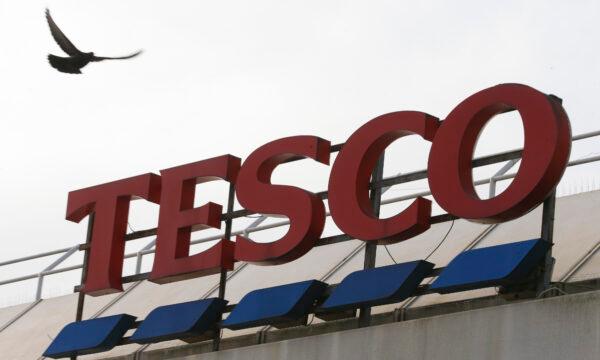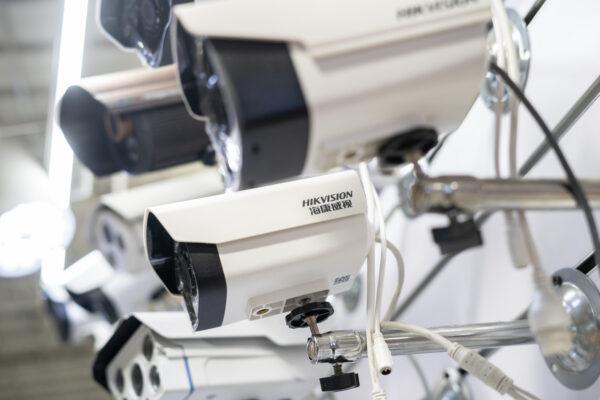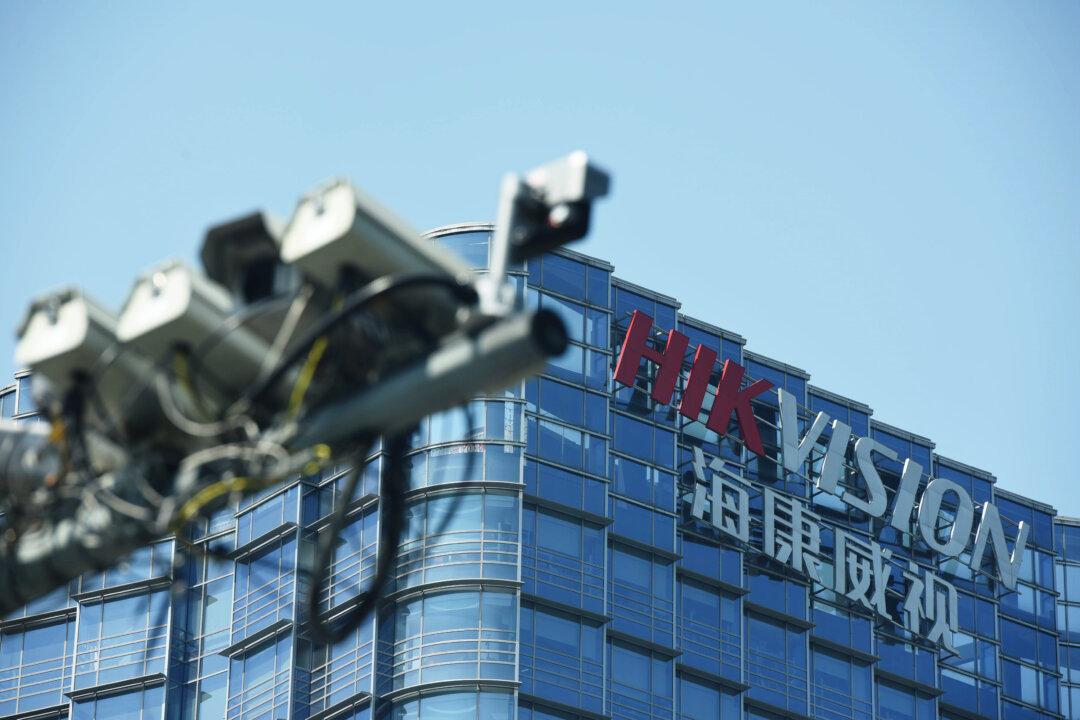Tesco, the UK’s biggest supermarket, plans to ditch Chinese-made surveillance cameras from its stores, heeding warnings from human rights groups that they pose serious security and ethical risks.
Tesco revealed the decision in response to an appeal from campaign groups Big Brother Watch, Hong Kong Watch, Stop Uyghur Genocide, and Free Tibet urging the retail chain to remove CCTV cameras made by Chinese firms Hikvision and Dahua from its stores.
In a letter dated Feb. 22, the groups said these Chinese firms are “involved in serious human rights abuses and associated with significant security issues.”
“These companies provide technology that facilitates the persecution and oppression of ethnic and religious groups in the Uyghur region (“Xinjiang”), Tibet, and Hong Kong and have no place in the UK,” they said.

In a letter dated March 16, Tesco CEO Jason Tarry replied, “We have a strong commitment to ethical sourcing and human rights, and we do not tolerate any forms of human rights abuse in our supply chain. When we became aware of the allegations linked to Hikvision and Dahua, we immediately took action to identify alternative suppliers.
“While we recognise the severity of these allegations, due to the size and complexity of our business and our responsibility to maintain safety and security in our stores, it will take some time until all the equipment can be swapped out. We can confirm that we are now in the process of transitioning to new suppliers.
“Having robust security systems in place, in particular body cameras, is essential for keeping our customers safe but is also key to our programme to reduce abuse and assault of Tesco colleagues in stores. Ensuring the safety of our colleagues and customers is our first responsibility as an employer and one we take very seriously and we are mindful of this as we transition to alternative security equipment in our stores.”

Blacklisted
Hikvision and Dahua, both ultimately controlled by the Chinese Communist Party (CCP), were blacklisted in 2019 by the U.S. Commerce Department for being implicated in enabling human rights violations and abuses against Uyghurs, Kazakhs, and other members of Muslim minority groups in China’s Xinjiang region through the use of high-technology surveillance.‘Always Follow the Party’
Hikvision’s controlling shareholder is China Electronics Technology HIK Group, a subsidiary of state-owned China Electronics Technology Group Corp. (CETC), one of China’s “big 10” state-owned military industrial groups.The company was founded under the auspices of CETC’s 52nd Research Institute to make a profit after “the 9/11 terrorist attack made a splash in the global security and surveillance market,” according to a Sina Finance feature on Hikvision.
Fu Lihua, Dahua’s founder and biggest shareholder, is also the CCP secretary for the company.
According to feature reports on Fu, before founding Dahua, he was assigned after college to work at Tongda electronic equipment—a military-owned factory.
In a speech at a CCP event in 2018, Fu said the company was armed with CCP leader Xi Jinping’s “new socialism with Chinese characteristics” and vowed to “always follow the party” and contribute to the China dream with Dahua.
He also argued that the companies, which provide custom-designed surveillance systems to Chinese authorities, are “directly responsible” for the scale of human rights abuses in Xinjiang.
Officials at Hikvision and Dahua didn’t respond by press time to a request by The Epoch Times for comment.





